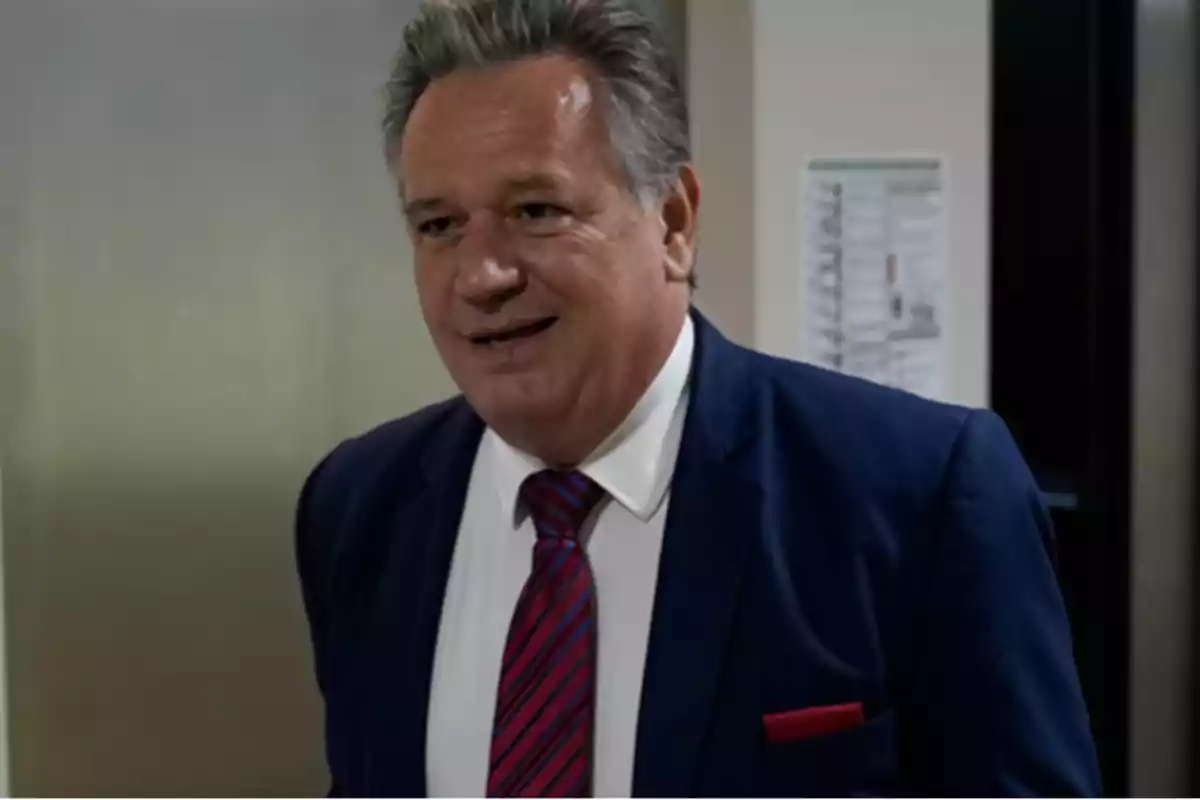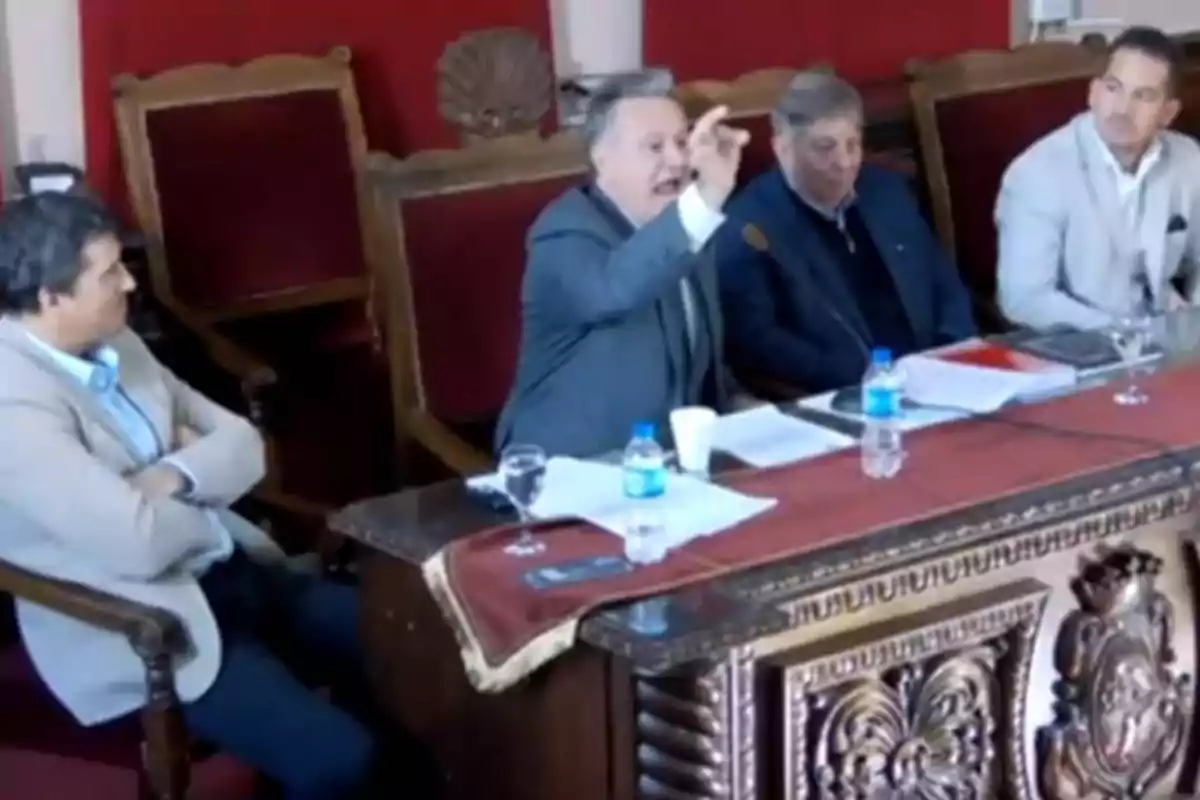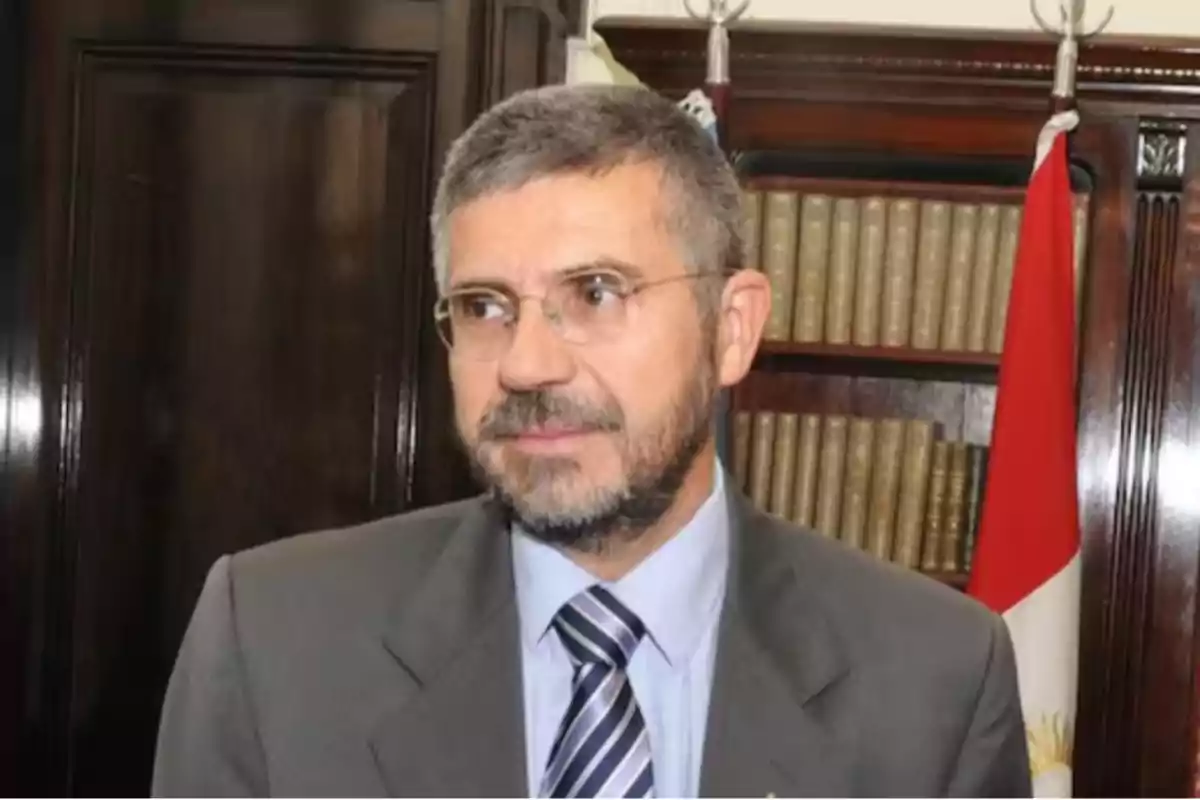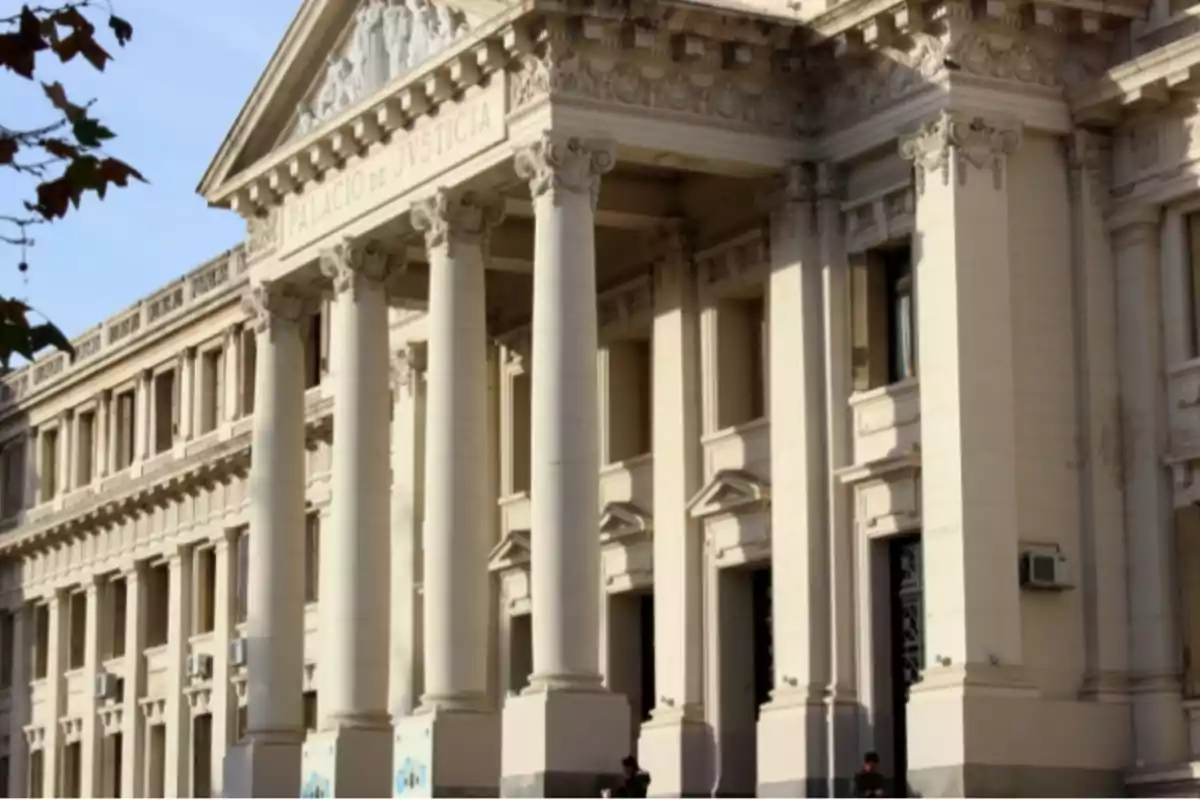
The Ethics Tribunal opened an investigation against Deputy Prosecutor Pérez Moreno
The procedure may result in a recommendation or be referred to a more severe instance
A few days after the complaint by Gavier and Klinger against Pérez Moreno, there was a new twist in the internal affairs of the Córdoba Public Prosecutor's Office. The Judicial Ethics Tribunal of the TSJ initiated an investigation to analyze whether the deputy prosecutor committed violations of the Code of Ethics. The measure was taken following the official's criticism of his colleagues' use of the criminal association charge.
The body chaired by Armando Andruet will assess whether Pérez Moreno violated ethical principles during a presentation at UNC, where he questioned judicial decisions. The case is being processed in writing and could conclude with a simple reprimand or escalate to being referred to the Administrative Summaries Office. According to judicial sources, it is also possible that the case will be closed if no wrongdoing is detected.
Meanwhile, the prosecutors submitted notes to the Ethics Tribunal and Administrative Summaries Office requesting an investigation into the deputy prosecutor. They also did so at the Office of the Attorney General, headed by Juan Manuel Delgado, who publicly supported Gavier and Klinger. The filings claim that Pérez Moreno engaged in a serious functional intrusion.
The presentation at UNC was the trigger. There, Pérez Moreno stated that the use of the criminal association charge had been "distorted," calling it "absurd" in many cases. He also pointed out that "it is often used to coerce defendants," generating strong discontent among the prosecutors.

Tension over the criminal association charge
The prosecutors believe that it was not just another academic opinion, but rather an attack on their autonomy and functional independence. Gavier and Klinger emphasized that the deputy's statements affect the MPF's criminal prosecution policy and compromise its impartiality. They also highlighted that his background as a defense attorney creates a conflict of interest.
In the document sent to the Ethics Tribunal, the complainants indicated that Pérez Moreno had been the lawyer for individuals prosecuted for criminal association. They also mentioned that some of his former partners continue to defend defendants in similar cases. This situation was presented as a factor that aggravates the seriousness of his statements.
During his intervention at the UNC, Pérez Moreno used irony regarding the use of that criminal charge, provoking the rejection of several prosecutors. "We've reached the absurdity of saying that 10 young men are a criminal association," he said. The phrase, spoken in a mocking tone, was interpreted as delegitimizing ongoing judicial cases.
Other prosecutors also expressed concern about what happened. They considered that what the deputy said was neither accidental nor minor, but constituted a serious institutional interference. They pointed out that there is a higher directive guiding criminal prosecution and that Pérez Moreno publicly disregarded it.

The analysis moves forward and there could be further consequences
The Ethics Tribunal has a preventive function: it doesn't sanction or impose penalties, but it can leave a negative record. According to reports, Pérez Moreno will be given the opportunity to submit a written defense. Afterwards, it will be analyzed whether it is appropriate to issue a suggestion, a warning, or to directly close the case.
Meanwhile, the TSJ's Administrative Summaries Office also received filings against the deputy prosecutor. Although an attempt will be made to avoid a double investigation, it is not ruled out that this area may take its own measures. The Ethics Tribunal's decision will be key in determining whether the case escalates to a more complex stage.
Meanwhile, the Association of Magistrates supported the prosecutors' position and expressed institutional concern. In turn, the Association of Criminal Lawyers defended the deputy's freedom of expression and endorsed his right to dissent. The reactions reveal a deep divide within the judicial sphere.
In statements to La Voz, Pérez Moreno insisted that these were "personal opinions, in the abstract", and that he did not refer to any particular case. He added that his intention was to promote academic debate and that he plans to apologize to the prosecutors if they felt offended. Since then, there have been no further public statements.

The political background of the judicial conflict
Beyond the ethical aspects, the conflict exposes a power struggle among influential prosecutors within the Public Prosecutor's Office. Pérez Moreno's criticism emerged while Gavier is gaining institutional support and moving forward with criminal cases of significant public impact. The deputy's statements were interpreted as an attempt to delegitimize that model.
The tension is also part of the struggle over the direction of the MPF, where opposing views coexist on how to address organized crime. While some promote an expansive approach to the use of criminal charges such as criminal association, others warn about the risks of excessive application.
The internal conflict is intensifying with cross-complaints now being analyzed in various instances of the Judiciary. The outcome of the investigations will determine whether everything ends with a warning or if a stronger institutional outcome occurs. Expectations are focused on the Ethics Tribunal's decision, which could set a precedent.
Whatever the outcome, the episode has already exposed deep rifts within the Córdoba judicial system. The public exposure of the conflict reveals not only technical differences, but also a struggle for control over the direction of the Public Prosecutor's Office.
More posts: